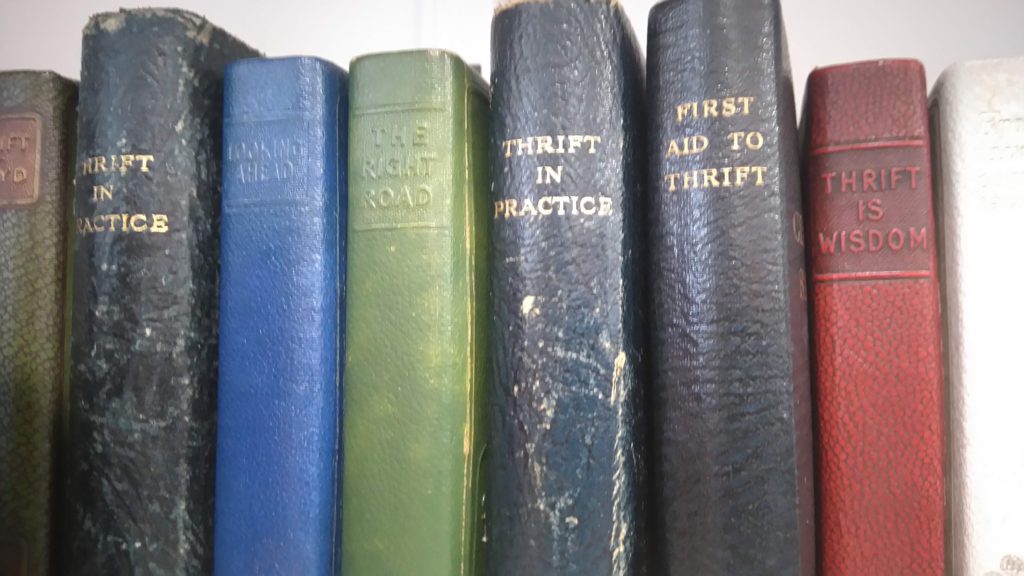Dear Benedict,
I’m thinking about your chapters 44-46 which are especially concerned with accountability. Reading your Rule in 21st century some details are different: whipping youths who stumble over reading loud would not be allowed these days, thank fully. But the basic notion that being in community puts you in relationship with others to whom you are accountable is fundamental. You mention various places in which this accountability has obvious consequences: in worship or work, the chapel or the kitchen for example.
In our 21st century context work can look very different. Before lockdown there was commuting, now there’s zoom. There were visits to hospital, now there’s COVID19. Schools were open, now they’re shut, soon to open again. All this has happened in a society in which the notion of accountability has been changing. Some of that change is recent: in an emergency what does accountability look like, some might ask?

But some of it has been going on for longer. To fly to far flung destinations or own a particular sort of car is to some an individual right, even if that damages the planet and we neglect our accountability to the poor. If we can make money at something does it matter if we impoverish someone else? To Benedictines it matters a lot.
This Lent I’m practising being human and accountability is both a welcome and an unwelcome aspect of human integrity. My humanity has a knock on effect to the way I respond to the humanity of others. I’m fortunate to have a warm, dry , safe place to live. This is a fundamental human need. I do not therefore think it acceptable that other human beings don’t have this. A landlord should not make money by renting an unsuitable dwelling. The government should not house asylum seekers in a place reported as unfit to house military personnel.
What do we do with our accountability? If we want others in our community to recognise our shared accountability, how can we do that? The main challenge of interpreting your rule today is this larger canvas. I could with hold ‘seconds’ to those who have not done their share of the weeding but what can I with hold from the dishonest landlord or those making unfair decisions in government. A society in which there is less accountability is a sicker one. How do we reinstate accountability to the civic agenda. It seems to me, enough is enough!
From the remembered bible: Do justice, love mercy.
Help me understand enough!
From a Friend of Scholastica and a Member of the Lay Community of St Benedict.
